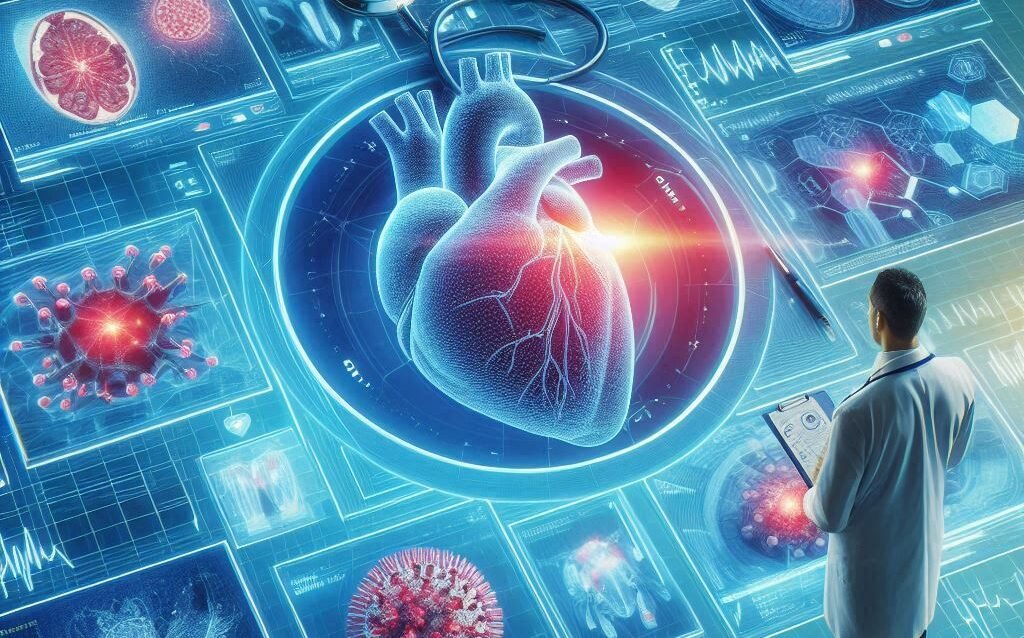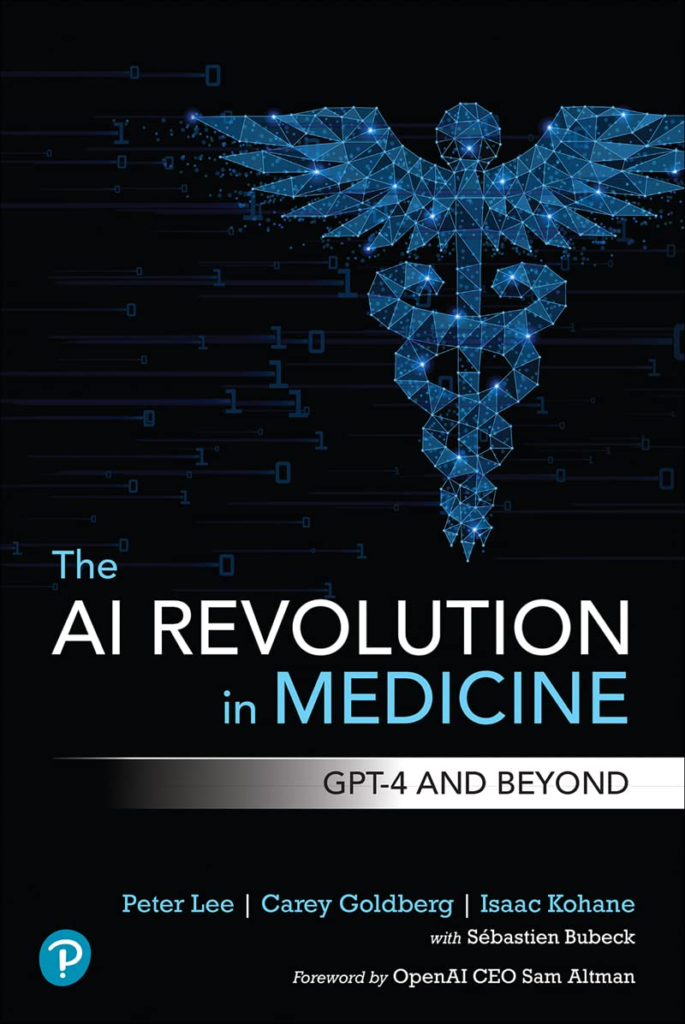Medical image analysis plays a pivotal role in modern healthcare, serving as a vital tool in the diagnostic process. This technique encompasses various imaging modalities, including Magnetic Resonance Imaging (MRI), Computed Tomography (CT) scans, and X-rays. Each of these technologies provides distinct visual insights into the human body, thereby facilitating the detection of a multitude of diseases. For instance, MRI is renowned for its ability to produce highly detailed images of soft tissues, making it essential for diagnosing neurological conditions, while CT scans offer a more comprehensive view of internal structures, beneficial in scenarios requiring a quick assessment of traumatic injuries.
The accuracy of diagnosis heavily relies on the interpretation of these images, which can be intricate and time-consuming. Radiologists and healthcare professionals meticulously analyze the images, looking for anomalies that might indicate disease. However, the sheer volume of imaging data can be overwhelming, and human error is always a possibility. This is where advanced technologies like Artificial Intelligence (AI) and machine learning come into play. By leveraging algorithms trained on vast datasets, AI can assist in identifying patterns and highlighting areas of concern within the images, thus enhancing diagnostic precision.
Moreover, AI in medical image analysis is not merely a tool for accuracy; it significantly boosts efficiency in the workflow of healthcare facilities. By automating the preliminary interpretation of images, AI allows radiologists to concentrate on complex cases that require human insight, ultimately speeding up the diagnosis process. This synergy between human expertise and machine intelligence exemplifies the future of medical imaging, where the integration of AI not only enhances disease detection but also contributes to improved patient outcomes.
(Purchase today by clicking on the image)
The Impact of AI on Disease Detection
The integration of artificial intelligence (AI) technologies into the domain of medical image analysis has revolutionized the landscape of disease detection. AI algorithms, particularly those based on deep learning and neural networks, are increasingly utilized to analyze complex medical images with exceptional precision. These advanced algorithms can process vast amounts of imaging data, identifying patterns and anomalies that may escape human eyes. This capability enhances the diagnostic process across various medical specialties, leading to timely and accurate detection of diseases.
One significant area where AI has made its mark is in the detection of cancer. Numerous studies have demonstrated the efficacy of AI systems in interpreting mammograms and radiology images, showing comparable or even superior accuracy to that of experienced radiologists. For instance, a notable case study involving an AI algorithm for mammography revealed a marked reduction in false-negative rates, resulting in early identification of breast cancer and subsequently better patient outcomes.
Additionally, AI is proving instrumental in diagnosing cardiovascular conditions. Through the analysis of echocardiograms and CT scans, AI can detect subtle changes in heart structure and function that indicate the presence of cardiovascular diseases. By employing AI-enhanced imaging techniques, clinicians can make informed decisions regarding treatment options, potentially saving lives.
Neurological disorders, including Alzheimer’s and multiple sclerosis, also benefit from AI applications in medical imaging. Algorithms trained to recognize particular patterns in brain scans can assist in early diagnosis, enabling prompt intervention that could slow disease progression.
Ultimately, the application of AI in medical image analysis holds significant promise for reducing both false positives and negatives in disease detection. By refining diagnostic accuracy, these technologies pave the way for more effective treatment plans and improved patient outcomes, marking a substantial advancement in the field of healthcare.
Challenges and Limitations of AI in Medical Imaging
The implementation of artificial intelligence (AI) in medical image analysis presents a number of challenges and limitations that must be addressed for optimal efficacy. One notable concern is data privacy. The utilization of patient data for training AI models raises significant questions regarding the safeguarding of sensitive information. Healthcare providers must ensure that they adhere to strict regulations such as HIPAA (Health Insurance Portability and Accountability Act) to protect patient confidentiality while training AI systems. This regulatory landscape complicates data sharing, often resulting in limited datasets, which may hinder the development of robust AI algorithms.
Moreover, the reliance on high-quality annotated data poses another obstacle. Training AI models effectively requires substantial amounts of accurately labeled images. However, the process of annotating medical images is labor-intensive and requires expert knowledge, which may not always be readily available. Consequently, the shortage of high-quality, annotated datasets can lead to subpar performance of AI systems, limiting their effectiveness in real-world applications. This is particularly concerning given that medical imaging encompasses various modalities, each with its intricacies necessitating specialized knowledge.
Algorithm bias is also a significant issue, as AI systems trained on unrepresentative datasets may produce skewed results. This can lead to disparities in diagnostic accuracy across different demographic groups, exacerbating existing healthcare inequities. Additionally, the integration of AI tools into established clinical workflows may face resistance from healthcare professionals. Many practitioners worry that the introduction of AI could diminish their roles, overriding human expertise in diagnostics. To overcome these challenges, fostering collaboration between AI developers and healthcare professionals is crucial. Ensuring that AI complements rather than replaces human expertise can promote acceptance and enhance the overall effectiveness of medical image analysis.
The Future of AI in Medical Image Analysis
The future of artificial intelligence (AI) in medical image analysis promises significant advancements that could revolutionize the field of healthcare. Emerging technologies, such as AI-enhanced radiomics, are paving the way for greater insights derived from medical imaging data. Radiomics involves the extraction of a large number of features from medical images using data-characterization algorithms, which, when integrated with machine learning, could enhance the accuracy and efficiency of disease detection.
Predictive analytics is another key area where AI is anticipated to make substantial contributions. By analyzing vast amounts of historical imaging data, AI algorithms can identify patterns that may not be immediately apparent to radiologists. This capability allows for earlier detection of diseases such as cancer, increasing the chances of successful treatment outcomes. The synergy between predictive analytics and AI-supported medical imaging could significantly shift the paradigm toward more proactive healthcare management.
Moreover, the potential integration of AI with other healthcare advancements, particularly telemedicine and personalized medicine, offers a glimpse into the future landscape of patient care. Telemedicine has already transformed how patients access medical expertise, and when combined with AI-driven analysis, healthcare providers can remotely monitor and assess patient conditions with enhanced precision. Personalized medicine, on the other hand, leverages genetic information to tailor treatments to individual patients. AI’s role in integrating imaging data with genomic and clinical data could greatly refine treatment strategies.
However, as advancements in AI technology continue to evolve, ethical considerations must remain at the forefront of this integration. It is essential to ensure that AI serves to augment the skills of healthcare professionals rather than replace the invaluable human element in patient care. Ongoing dialogue about the ethical implications of AI in healthcare, including issues related to data privacy and decision-making reliability, will be crucial in fostering a responsible approach to these innovations.
(Purchase today by clicking on the image)






